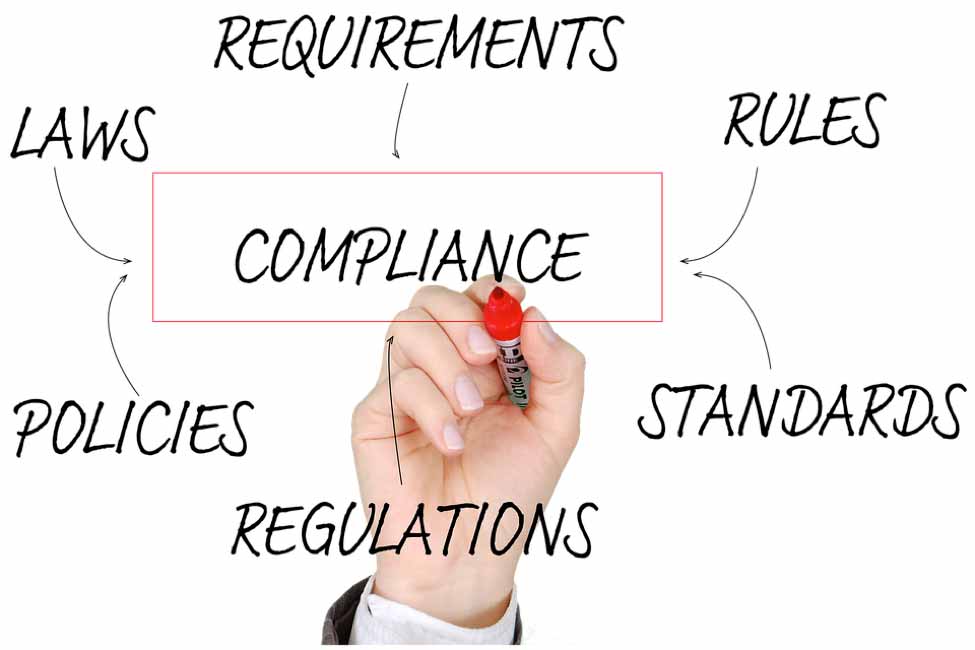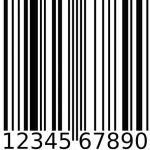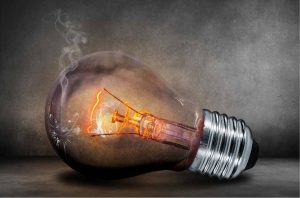Product compliance is one of the most crucial steps you need to take when importing a product. It is the responsibility of the importer to make sure that their products are safe and up to code. You should not assume that your supplier knows what regulations and labeling requirements apply to your product, their job is only to help you make your product to the dimensions and specifications you tell them to.
China sourcing agents need to consider these items to help successful import your products, here are the tips from the experts.
Product Compliance
In addition to being in compliance with the governing agency that regulates your product, you must ensure that your product is safe for the public to use. If your product ends up hurting or fatally wounding someone, you would be forced to issue a recall for the order with no compensation. You might also be subject to lawsuits and investigation.

Labeling Requirements
 The labeling requirement of a product depends on its product type. Consumer commodities must comply with The Fair Packaging and Labeling Act (FPLA) and Uniform Packaging and Labeling Regulation. All imported products must be in conformance to Title 19, United States Code, Chapter 4, Section 1304 and 19 CFR 134, Country of Origin Marking. Other products such as food, electrical devices, and medical equipment have their own regulations they need to follow from the correlating agency. It is possible that a product could need to follow regulations from multiple agencies depending on the product.
The labeling requirement of a product depends on its product type. Consumer commodities must comply with The Fair Packaging and Labeling Act (FPLA) and Uniform Packaging and Labeling Regulation. All imported products must be in conformance to Title 19, United States Code, Chapter 4, Section 1304 and 19 CFR 134, Country of Origin Marking. Other products such as food, electrical devices, and medical equipment have their own regulations they need to follow from the correlating agency. It is possible that a product could need to follow regulations from multiple agencies depending on the product.
“Some do actually try to get around the country of origin labeling requirements, by assembling part of the product in the United States. That can be acceptable if production does take place in the US. However, labeling a product as Made in the USA is not legal, if it’s actually made overseas and only repacked locally.”
The CPSC places recalls everyday, many times on what initially is a seemingly harmless products, so be sure to consult with a regulatory consultant on new products.
Children’s Products
 Children’s products have to comply with the Consumer Product Safety Improvement Act (CPSIA). Compliance for the CPSIA generally includes the following:
Children’s products have to comply with the Consumer Product Safety Improvement Act (CPSIA). Compliance for the CPSIA generally includes the following:
- Be in conformance with the children’s product safety rules
- Send a sample to be tested by a CPSC-accepted and accredited laboratory
- Get a written Children’s Product Certificate that provides evidence of how the product is in compliance
- Affix permanent tracking information to the packaging of the product and the product itself where applicable
Electronic Components
 The FCC regulates electrical products. You’ll have to get an FCC mark on your product signifying that it is in code with the FCC.
The FCC regulates electrical products. You’ll have to get an FCC mark on your product signifying that it is in code with the FCC.
You should also consider complying with some of the optional electrical standards. The UL (Underwriters Laboratories) in one of the larger companies that provide a voluntary certification process. Electrical products can be one of the more dangerous product types for obvious reasons, so it’s a good idea to ensure your product is safe. For a more in depth look electrical compliance, you can click here.
Chemicals, Foods, and Drugs
 The Environmental Protection Agency (EPA) regulates the manufacturing and distribution of chemicals and pollutants. The FDA regulates food products and drugs.
The Environmental Protection Agency (EPA) regulates the manufacturing and distribution of chemicals and pollutants. The FDA regulates food products and drugs.
The FDA also regulates some products that aren’t food or drug related such as medical products, veterinary products, and machines that give off radiation. Here is a guide to see if your product could potentially need FDA compliance.
There are also state-level regulations such as California Proposition 65 that apply to all products sold in California. You may need to put a proposition 65 warning label on your product if it contains certain materials or substances.
Textiles and Clothing
 Textiles and apparel must follow OTEXA labeling requirements. They should be labeled with care instructions and the fiber composition along with the origin of the product.
Textiles and apparel must follow OTEXA labeling requirements. They should be labeled with care instructions and the fiber composition along with the origin of the product.
Because of the wide variety of materials and factors such as flammability and asbestos, textiles and apparel are regulated by a number of agencies which you can find here.
It is crucial that your product be in code with the proper agency. You should contact a regulatory consultant for a product that you are importing for the first time.
Hire Experience
At Global Trade Specialists, we help successfully design and manufacture product from China. As experienced China sourcing agents Mike Genung and his team have been helping customers for nearly 30 years. Contact us if you have any questions about importing products from China or would like to get a quote.
